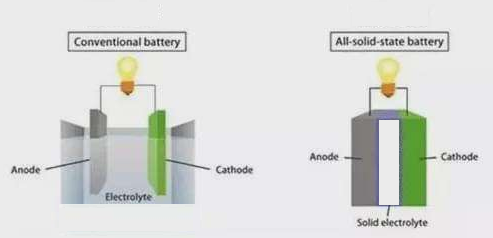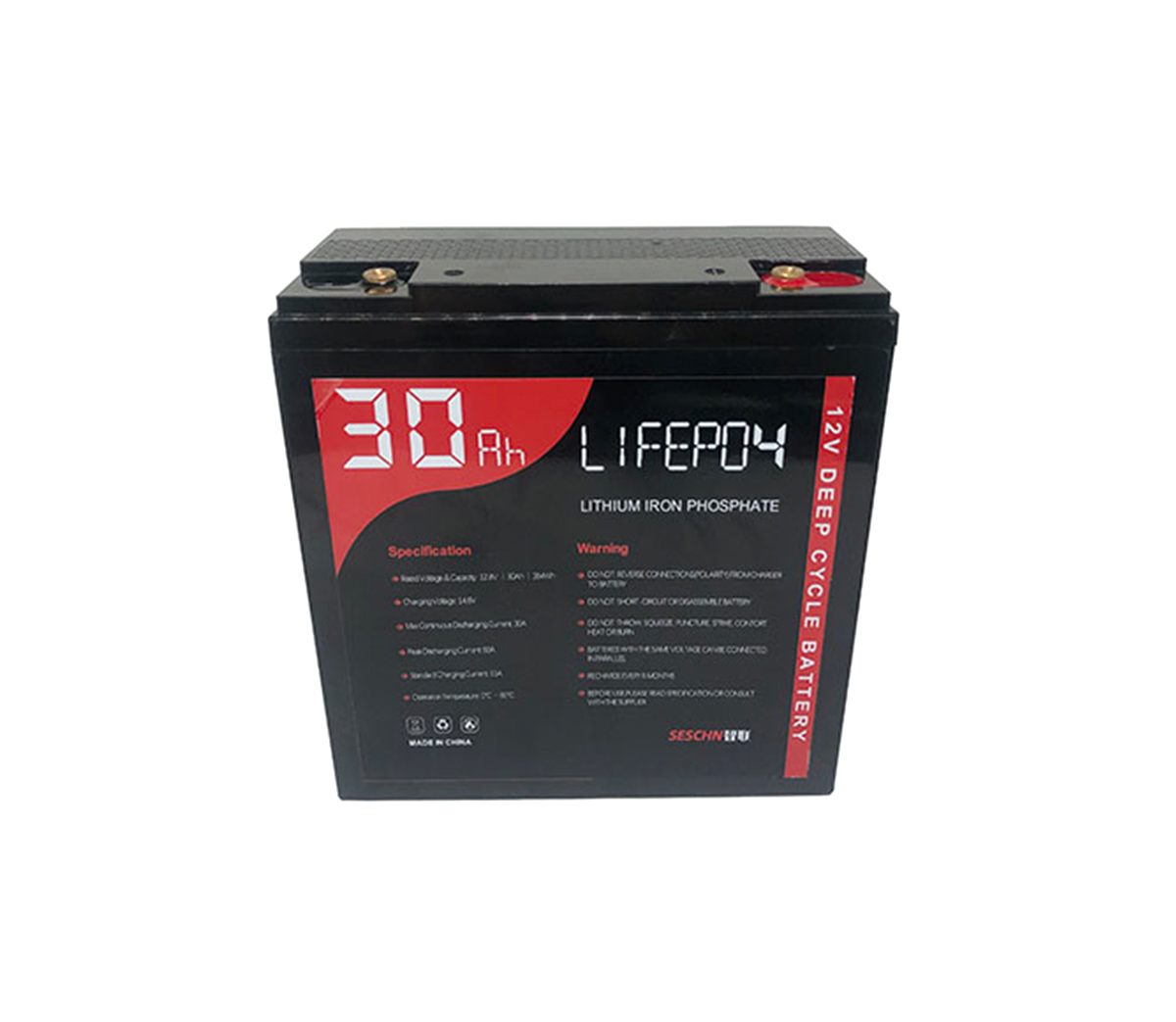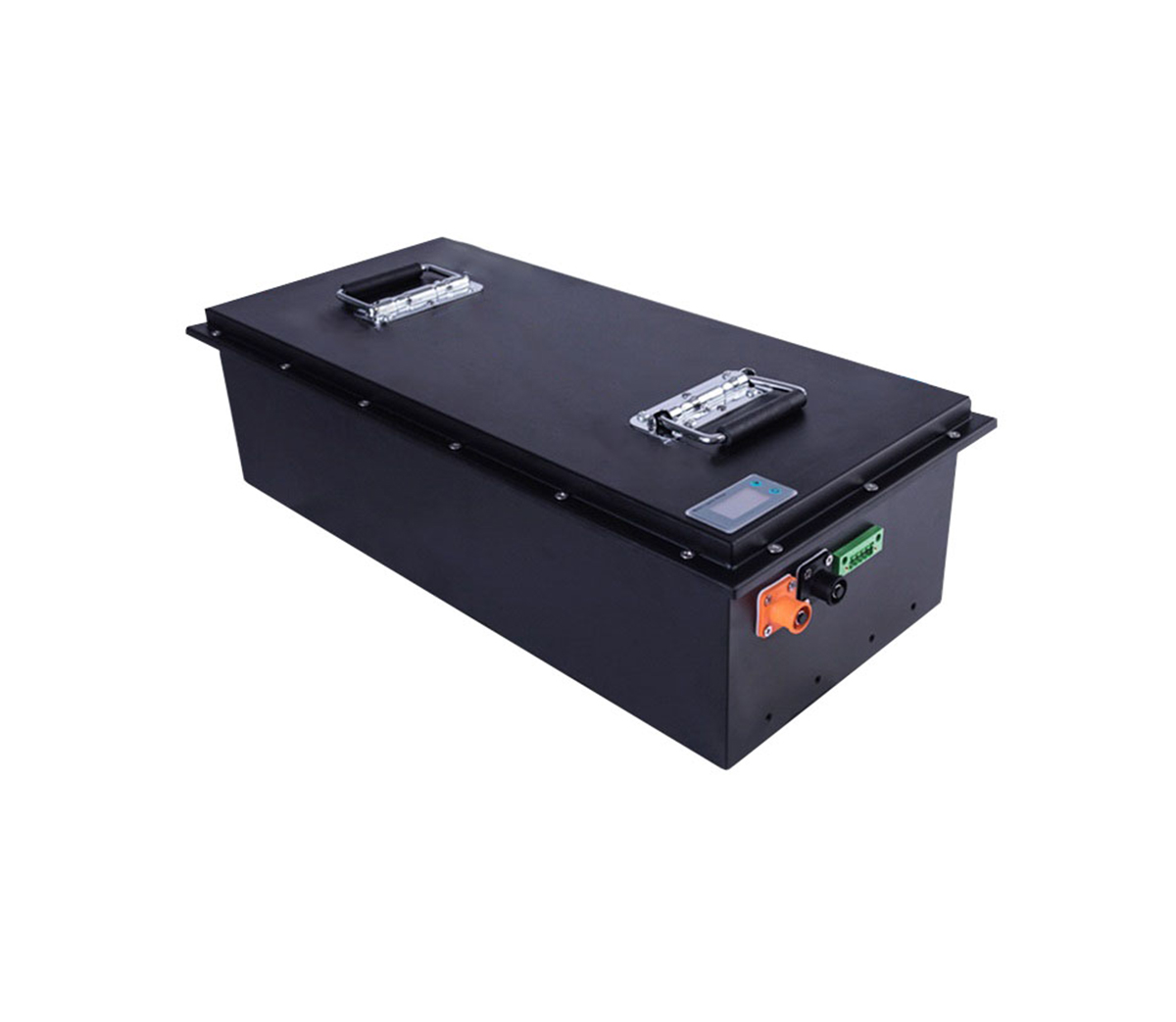Germany's RWE uses retired lithium batteries to build a 4.5MWh energy
storage system
Although the cycle life of lithium-ion batteries is longer than that of
lead-acid batteries, but after all, it belongs to a chemical energy, sooner or
later will be retired. But can't the retired lithium-ion batteries create more
value besides shredding and recycling raw materials?
In fact, there is, and now it is very popular, the trend is firstly, a few
years ago, China's communication base station construction company - China
Tower, using retired ladder lithium-ion batteries to build a backup battery for
communication base stations, SES Power also after this, increased the research
and development of ladder batteries, found that these retired batteries can
indeed bring the end customer a very cost-effective products, and The
performance of these retired batteries is fully in line with customer
expectations.
We learned that in a battery storage project deployed in the German town of
Herdecke, German energy developer RWE reused lithium-ion batteries from Audi's
electric vehicles (EVs) to build a battery storage system. This was indeed very
surprising to the team at SES Power, as previously German engineers were very
resistant to the use of retired batteries.

(RWE began testing and commissioning battery storage systems with secondary
batteries in the field in November 2021)
RWE has deployed this battery storage system with a storage capacity of
approximately 4.5 MWh at its Hengsteysee pumped storage power facility in North
Rhine Westphalia in northwestern Germany.
The secondary batteries come from the Audi e-tron electric vehicle, which
has a maximum range of 252 miles, and RWE said in a press release issued before
the end of last year that the batteries still have about 80 percent of their
capacity remaining after they are retired.
As battery energy storage system (BESS) components, these secondary
batteries have a lifespan of up to 10 years and the lower cost becomes a major
advantage compared to using brand new batteries, RWE said.
The project involved the deployment of a total of 60 batteries in a 160
square meter site, each weighing about 700 kilograms. The project is being
deployed at a fast pace: installation of the batteries started in October 2021
and commissioning began in November.
RWE will begin selling the battery storage system to provide electricity
services from the beginning of this year, initially for frequency regulation,
which will help stabilize grid operations. It is expected that this battery
storage project will be given more market-oriented opportunities and provide
other electrical services.
Oliver Hoffmann, a member of Audi's Technology Development Management
Board, said: "We are deploying this battery storage project in conjunction with
RWE to demonstrate that resources can be saved through the use of secondary
batteries and their intelligent integration into the grid. We are now also
considering the disposal of batteries after secondary use and are accelerating
effective battery recycling."
He added that Audi's "Electric Offensive" strategy will see the company
launch 20 all-electric vehicles by 2025. The company's ambition to achieve
carbon-neutral mobility has led it to actively partner with energy developers,
such as RWE, to develop sustainable mobility solutions.
Meanwhile, RWE currently deploys about 600 MW of battery storage systems,
but aims to increase that number to 3GW by 2030. the company said that in
addition to deploying battery storage projects built with secondary batteries in
the German town of Heldec, it is deploying nine other battery storage projects
in the U.S., Germany and Ireland, while it is also exploring and researching
liquid flow The company is also exploring and researching non-lithium battery
technologies such as liquid flow batteries.
RWE has operated a 7 MW installed capacity battery storage system in the
town of Heldec prior to this project, which was completed in 2018.
The company was also awarded a contract with the German Federal Network
Agency (Bundesneztagentur) for the deployment of two DC-coupled solar+storage
projects. The two energy storage projects for deployment in coal-fired power
plants were awarded in an "innovation tender" by the German Federal State Tax
Administration, for which projects using two or more low-carbon energy
technologies at the same site are eligible.
Roger Miesen, CEO of RWE's power generation business, said, "We are working
with Audi to test the use of secondary batteries by building a battery storage
system using secondary batteries from retired electric vehicles. The experience
of deploying this battery storage project will help us determine how to use such
batteries economically and efficiently."
Secondary batteries from electric vehicles have long been discussed as a
potential source for stationary energy storage systems. To date, there are not a
large number of EV secondary batteries available, and the engineering required
to match battery capacity at different usage levels has been cited as a barrier
to adoption of secondary batteries, although this may be short term.
Several automakers, energy developers and integrators have deployed
multiple such projects globally, most of which are located on the user side. For
example, in February 2020, Connected Energy, a UK-based secondary battery energy
storage system integrator, deployed a 1.2MW/720kWh battery storage system for
Umicore, a Belgian multinational materials technology provider, using secondary
batteries from Renault Kangoo vehicles.
Matthew Lumsden, CEO of Connected Energy, said at the time that the
successful deployment of this battery storage project was an excellent way to
build confidence in the use of secondary batteries, and the company deployed a
300kW/360kWh battery storage system in the UK using secondary batteries from
Renault electric vehicles.
One of the largest such projects reported in the industry press to date is
the deployment of a 5MW/20MWh battery storage system in Uppsala, Sweden, built
using secondary batteries from BMW i3EV vehicles. Utility maker Vattenfall
awarded the contract to deploy the battery storage project to Dutch system
integrator Alfen in April 2020.
Last September, South Korean automaker Hyundai said it would install and
test an electric vehicle battery-based battery storage system in the U.S. in
2022. The car company then partnered with UL to explore further adoption of
secondary batteries.
SES Power believes that with the current trend of rapid growth in electric
vehicle sales, there will be a large number of lithium-ion batteries for
electric vehicles that will be retired in the near future. These retired
lithium-ion batteries can be used not only in energy storage systems, but also
in lighting, home backup energy systems, lead-acid battery replacements and
other products, which will be a very promising market. The prerequisite for the
future utilization of retired Li-ion batteries is to have professional knowledge
and experience of Li-ion batteries, which SES Power believes and insists on
doing.



































